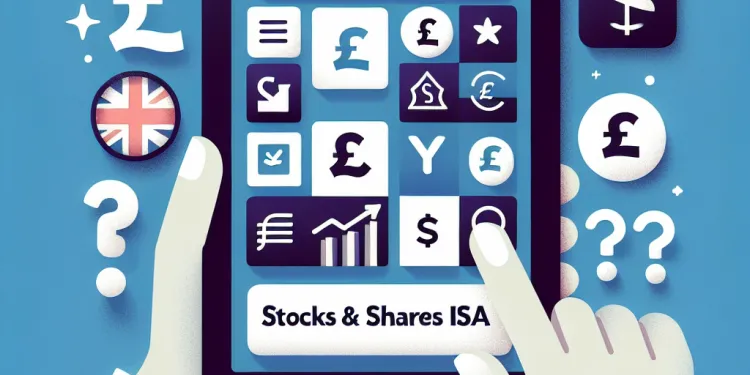
Find A Professional
More Items From Ergsy search
-
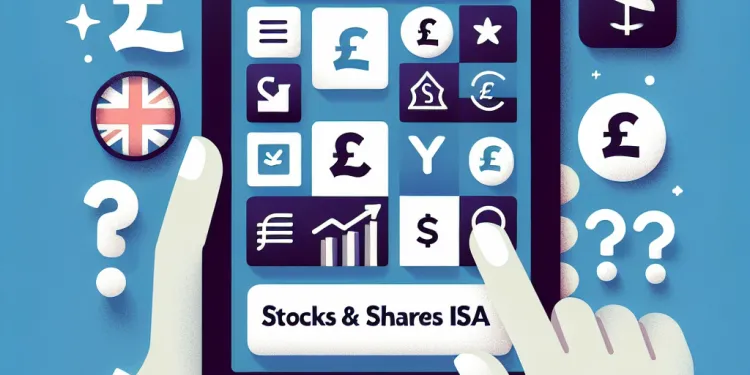
Are there fees associated with Stocks & Shares ISAs?
Relevance: 100%
-

Can I invest in foreign stocks with an ISA?
Relevance: 87%
-

What types of ISAs can I use for investments?
Relevance: 64%
-

How does an ISA generate passive income?
Relevance: 58%
-

What is an ISA?
Relevance: 58%
-

Do I need to declare my ISA income on my tax return?
Relevance: 58%
-

What feedback do customers give regarding banking fees?
Relevance: 56%
-

How much would I need in an ISA to generate £2,000 monthly?
Relevance: 55%
-
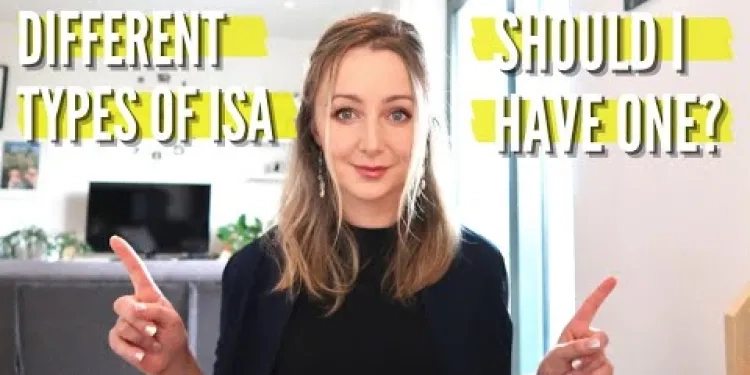
What Is An ISA UK (Should I have an ISA & Different Types Of ISAs)
Relevance: 52%
-

Saving for the Future: The Best ISAs to Consider Right Now
Relevance: 51%
-

Do all banks have the same fee structures?
Relevance: 50%
-

Can I withdraw money from my ISA any time?
Relevance: 50%
-

Can I transfer my ISA between providers?
Relevance: 50%
-

Are there specific banking services more prone to opaque fee structures?
Relevance: 50%
-
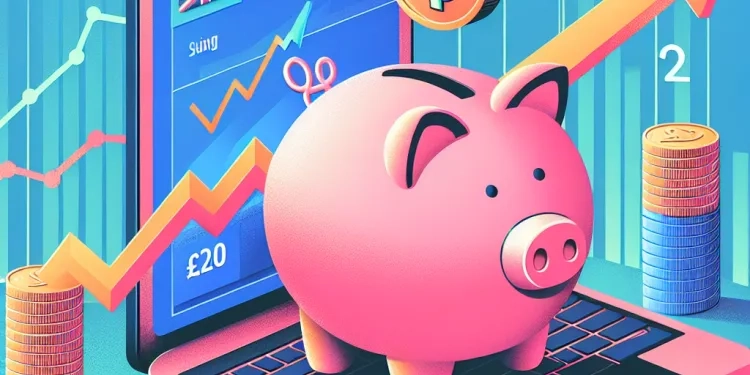
How much would I need in an ISA for a £2k monthly passive income?
Relevance: 46%
-
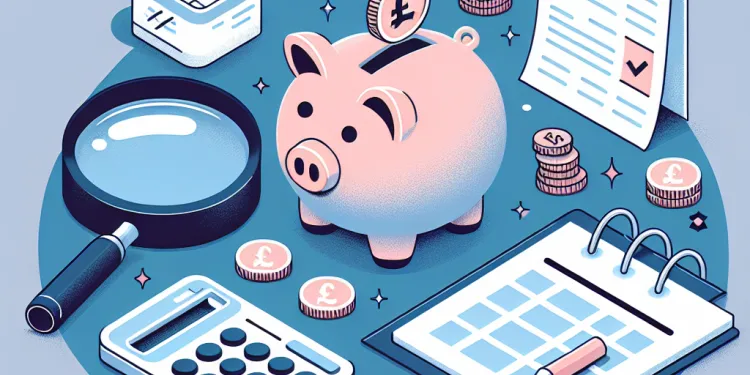
What are some examples of hidden fees in banking?
Relevance: 43%
-

What initiatives are in place to address banking fee transparency?
Relevance: 40%
-
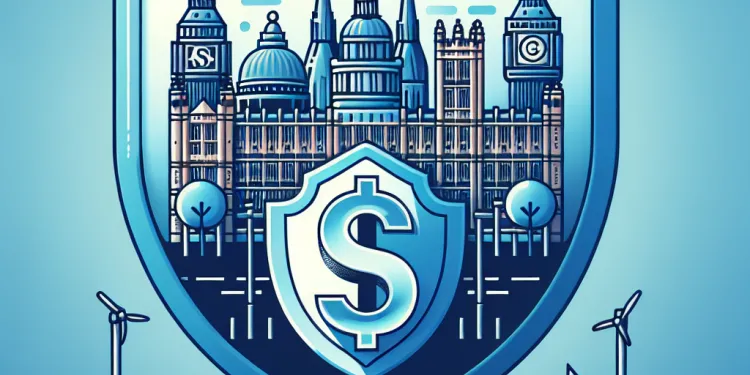
How can consumers protect themselves from hidden banking fees?
Relevance: 39%
-

Calls for Greater Transparency in Banking Fees as Complaints Rise
Relevance: 38%
-

How can banks improve transparency regarding their fees?
Relevance: 38%
-

How do banking fees impact financial inclusion?
Relevance: 37%
-

Do online banks have lower fees than traditional banks?
Relevance: 37%
-

Is my ISA protected if my provider goes bankrupt?
Relevance: 36%
-
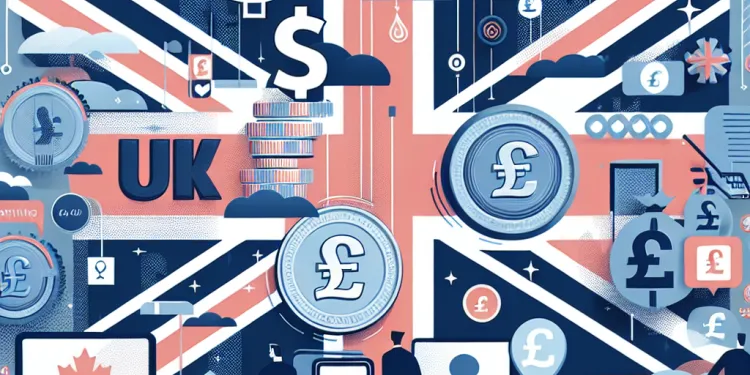
Can I have multiple ISAs?
Relevance: 36%
-

Are there any hidden fees with Monzo or Revolut?
Relevance: 34%
-

Are there any fees to claim money back?
Relevance: 34%
-
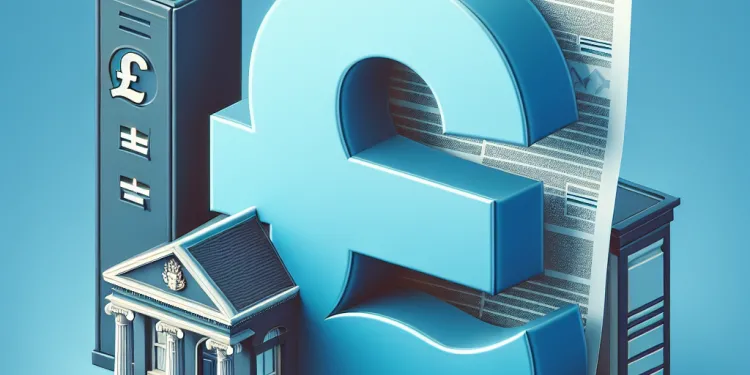
Why are some banking fees unexpectedly high?
Relevance: 34%
-

Can customers dispute unexpected banking fees?
Relevance: 33%
-

What happens if I exceed the ISA contribution limit?
Relevance: 33%
-

How does technology help in enhancing transparency in banking fees?
Relevance: 33%
-
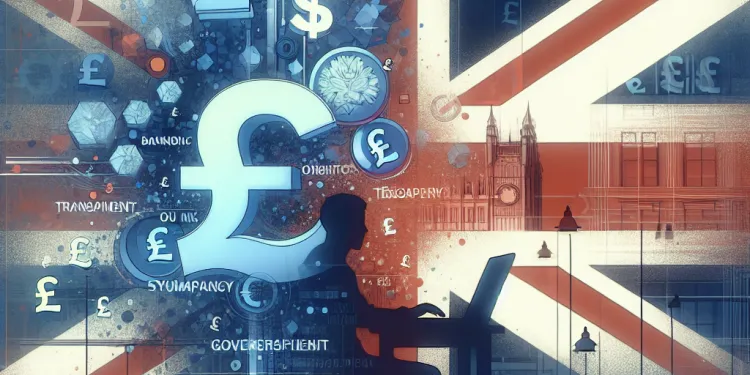
How can government policies influence transparency in banking fees?
Relevance: 33%
-
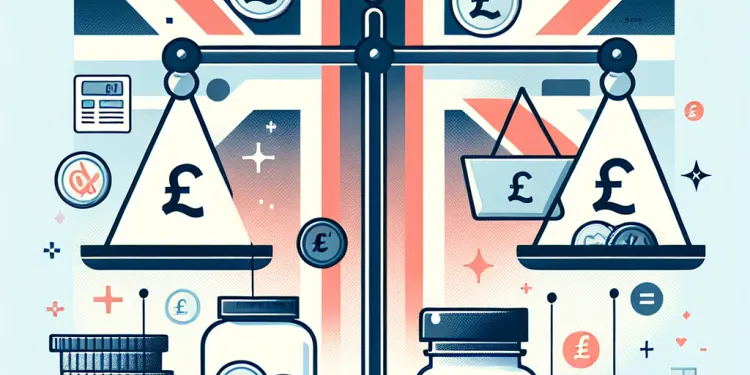
What role do regulatory bodies play in fee transparency?
Relevance: 32%
-

Are there grants specifically for individuals with disabilities?
Relevance: 32%
-
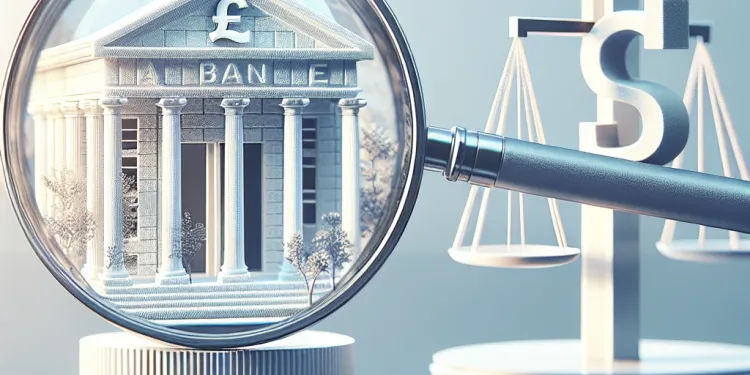
Why is there a call for greater transparency in banking fees?
Relevance: 31%
-

What is a realistic rate of return for an investment ISA?
Relevance: 31%
-

What role do customer service representatives play in fee transparency?
Relevance: 31%
-

Is it possible to feel trapped in a relationship?
Relevance: 30%
-

How are dividends in an ISA taxed?
Relevance: 29%
-

Can UK citizens work in France or Spain without a visa?
Relevance: 28%
-

What actions are consumer rights groups taking regarding banking fee transparency?
Relevance: 26%
Introduction to Stocks & Shares ISAs
Stocks & Shares ISAs (Individual Savings Accounts) are a popular investment option in the UK, offering tax-efficient savings opportunities. These accounts allow individuals to invest in a range of assets including stocks, bonds, and funds. However, while Stocks & Shares ISAs provide tax advantages, it is important to be aware of the fees that may be associated with them.
Types of Fees Associated with Stocks & Shares ISAs
When investing in a Stocks & Shares ISA, you may encounter several types of fees. These fees can vary depending on the provider and the underlying investments. Here are some common fees to be aware of:
Platform Fees
Most investment platforms charge a fee for holding and managing your ISA. This fee can be a flat rate or a percentage of your total assets. Platform fees are typically charged on an annual basis and are often deducted from your account automatically.
Fund Management Fees
If you invest in mutual funds or exchange-traded funds (ETFs) within your ISA, you are likely to incur fund management fees. These fees, also known as the ongoing charge figure (OCF), cover the cost of managing the fund. This fee is deducted from the fund's assets, so you may not see it directly, but it does affect your overall returns.
Transaction Fees
When buying or selling investments within your ISA, you may be charged transaction fees. Brokerage fees or dealing charges apply each time you buy or sell a share or fund. Some platforms offer a certain number of free trades per month, while others charge a set fee per trade.
Entry and Exit Fees
Some investment products may have entry or exit fees. Entry fees are charged when you make an initial investment, while exit fees are applied when you sell your investment. These fees can vary depending on the specific product or fund you choose.
Choosing a Cost-Effective ISA Provider
To minimize fees and maximize returns, it is important to compare different ISA providers. Look for providers that offer competitive platform fees and reasonable fund management charges. Many investors prefer providers with transparent fee structures to avoid any unexpected costs.
Conclusion
While Stocks & Shares ISAs provide an attractive tax-efficient way to invest, it is crucial to understand the associated fees. Being aware of platform fees, fund management charges, and transaction costs can help you make informed decisions and choose the right ISA provider for your needs. By doing so, you can potentially reduce costs and enhance the performance of your investments over time.
What are Stocks & Shares ISAs?
Stocks & Shares ISAs are special accounts in the UK where you can save money. They help you pay less tax on the money you earn from your savings. You can use this account to buy things like stocks and bonds. But, remember, there are costs you have to pay when you use one of these accounts.
What Fees Can Happen with Stocks & Shares ISAs?
When you use a Stocks & Shares ISA, there are different fees you might have to pay. These costs depend on who you get your account from and what you buy. Here are some types of fees you should know about:
Platform Fees
This is money you pay to keep and manage your ISA. It can be a set amount or a part of your total money. This fee is usually taken every year and is automatically taken from your account.
Fund Management Fees
If you buy funds with your ISA, like mutual funds or ETFs, you have to pay fund fees. This covers the cost to manage the fund. The fee is taken from the fund's money, so you don’t see it, but it affects how much money you make.
Transaction Fees
When you buy or sell things in your ISA, there is a fee. This is called a transaction fee. Some platforms give you some free trades, but others charge you every time you trade.
Entry and Exit Fees
Sometimes, you have to pay to start or stop an investment. Entry fees are for starting, and exit fees are for ending an investment. These fees change depending on what you buy.
How to Pick a Good ISA Provider
To save money and make more, compare different ISA providers. Look for ones with good prices and clear fees. Some people like providers who explain all their fees clearly so there are no surprises.
Summary
Stocks & Shares ISAs help you invest and save on taxes, but you need to know about the costs involved. By understanding these fees, like platform and transaction fees, you can pick the best provider for you. This way, you can save money and make your investments grow more over time.
Frequently Asked Questions
What are Stocks & Shares ISAs?
Stocks & Shares ISAs are investment accounts in the UK that allow you to invest in a range of assets, including shares, bonds, and funds, in a tax-efficient way.
Are there fees associated with Stocks & Shares ISAs?
Yes, there can be various fees associated with Stocks & Shares ISAs, depending on the provider and the investments chosen.
What types of fees might I encounter with a Stocks & Shares ISA?
Possible fees include platform or management fees, fund management fees, dealing charges, and exit fees.
What are platform fees with Stocks & Shares ISAs?
Platform fees are charges from the investment service provider for administering your ISA account. They can be a percentage of your holdings or a flat fee.
Do all providers charge management fees for Stocks & Shares ISAs?
Not all providers charge management fees, but many do, especially if they offer managed investment services. It's important to compare providers.
What are fund management charges?
Fund management charges, or TER (Total Expense Ratio), are fees for professional management of mutual funds or ETFs within your ISA.
Are there fees for buying and selling investments in a Stocks & Shares ISA?
Yes, many providers charge dealing fees or transaction fees when you buy or sell investments within your ISA.
What are exit fees related to Stocks & Shares ISAs?
Exit fees are charges that some providers impose when you transfer your ISA to another provider or withdraw from your ISA.
Can I avoid fees on a Stocks & Shares ISA?
While some fees are unavoidable, you can minimize costs by choosing a provider with low fees and by selecting low-cost investment options like index funds.
Are Stocks & Shares ISA fees tax-deductible?
No, the fees associated with Stocks & Shares ISAs are not tax-deductible.
How do I compare Stocks & Shares ISA fees across providers?
Compare providers by looking at their fee structures, total cost estimates, and reading reviews to understand any hidden charges.
Do Stocks & Shares ISA fees vary by location?
Fees can vary based on the provider and their operating jurisdiction, but most differences are provider-dependent rather than location-based.
Is it possible to pay no fees on a Stocks & Shares ISA?
While it's unlikely to have an ISA with no fees, some providers have promotions or account types with reduced fees for limited periods.
What is the average fee percentage for a Stocks & Shares ISA?
The average total cost can range from 0.3% to 1.5% per annum of the investment amount, depending on the provider and types of investments.
How often are management fees charged on Stocks & Shares ISAs?
Management fees are typically charged annually but may be deducted monthly or quarterly from your account.
Do I lose money if my Stocks & Shares ISA underperforms and I still have to pay fees?
Yes, fees are charged regardless of investment performance, so it is possible to incur losses if your investments do not perform well.
Are there different fee structures for active vs passive management in Stocks & Shares ISAs?
Yes, actively managed investments tend to have higher fees than passively managed funds like index funds or ETFs.
Who regulates the fees for Stocks & Shares ISAs?
In the UK, the Financial Conduct Authority (FCA) regulates financial service providers, ensuring they disclose fees clearly.
Can I switch Stocks & Shares ISA providers to save on fees?
Yes, you can transfer your ISA to another provider if you're dissatisfied with the fees, but be mindful of any exit fees from your current provider.
Are Stocks & Shares ISA fees disclosed upfront?
Reputable providers disclose fees upfront, including in their terms and conditions or through a key features document.
What Are Stocks and Shares ISAs?
A Stocks and Shares ISA is a way to save and make your money grow.
Here is how it works:
- You put your money into the ISA.
- The money is used to buy "shares" in companies.
- The value of these shares can go up or down.
- If they go up, your money can grow.
- If they go down, you might lose money.
Important things to remember:
- You do not pay tax on any money you make from a Stocks and Shares ISA.
- You can choose different companies to buy shares in.
- You might want to talk to a financial advisor for help.
Helpful tools you can use:
- Get help from friends or family to understand.
- Use a calculator to see how much you can save.
- Watch videos online that explain Stocks and Shares ISAs.
Stocks & Shares ISAs are special savings accounts in the UK. They let you put your money into different things like shares, bonds, and funds. They help you save on taxes.
Do you have to pay money for a Stocks & Shares ISA?
Yes, you might have to pay some fees for Stocks & Shares ISAs. It depends on who you choose to provide the ISA and what you decide to invest in.
What fees will I have to pay with a Stocks & Shares ISA?
You might have to pay some extra costs. These can be:
- A fee to use the platform or for managing it.
- A fee for managing the money or fund.
- Charges for buying or selling.
- A fee if you want to leave or stop.
If you find reading hard, you can use tools like text-to-speech apps or audiobooks. They can read the information to you.
What are platform fees with Stocks & Shares ISAs?
Platform fees: Money you pay to use a service.
When you have a Stocks & Shares ISA, you might pay a platform fee.
A Stocks & Shares ISA is a way to save and invest your money. A platform is the service or place you use for this.
You pay platform fees to the company that helps you invest.
The fee is like paying rent for their help.
If you need help, ask a family member or an adult. You can also use pictures and videos to understand better.
Platform fees are money you pay to the company that helps you manage your ISA account. These fees can be a percentage of the money in your account or a set amount you pay regularly.
Do all companies charge money to manage Stocks & Shares ISAs?
Not all companies ask for management fees. But many do, especially if they help you with your investments. It's good to compare different companies.
What are fund management charges?
Fund management charges are money you pay to people who look after your savings or investments. They use this money to pay for their work. These charges can be different amounts.
Here are some tips to help understand fund management charges:
- Ask someone to explain what the charges mean.
- Use a calculator to see how much the charges are in total.
- Look for videos or pictures that explain fund charges.
Fund management charges are the money you pay for experts to look after your ISA. An ISA is a special savings account. They use terms like TER, which means Total Expense Ratio. This is all about the cost of managing your savings.
Do you have to pay money when you buy or sell in a Stocks & Shares ISA?
Yes, many companies ask you to pay money when you buy or sell things in your ISA.
What are exit fees for Stocks & Shares ISAs?
Exit fees are money you pay when you take out your money from a Stocks & Shares ISA. It's like a cost for leaving.
Here are some tips to help:
- Ask an adult if you need help understanding.
- Use a calculator to see how much you might pay.
- Look for words you don't know in a children's dictionary.
Exit fees are costs some companies charge when you move your ISA to a different company or take money out of your ISA.
Can I stop paying fees on a Stocks & Shares ISA?
Sometimes, you have to pay fees. But you can pay less by picking a company with low fees. You can also choose cheaper investment options like index funds.
Can You Take Off ISA Fees from Taxes?
No, you cannot reduce your taxes by claiming back the fees for Stocks & Shares ISAs.
How can I check Stocks & Shares ISA costs with different companies?
Do you want to see how much it costs to have a Stocks & Shares ISA with different companies? Here’s how you can do it:
- Write down the names of companies you like.
- Look on their websites or ask them about their ISA fees.
- Make a list of each company's costs.
- Compare your list to see which is the cheapest and best for you.
Ask an adult for help if you find it hard. You can also use a calculator to help with numbers.
Check different companies. Look at how much they charge. See how much you will pay in total. Read what other people say about them to find any costs you didn't know about.
Do Stocks & Shares ISA fees vary by location?
Title: Do Stocks & Shares ISA Costs Change Where You Live?
Question: Can the price for having a Stocks & Shares ISA be different depending on where you are?
Simple Answer: No, the cost does not change based on where you live. It can be different with each company you choose, but not because of your place.
Helpful Tip: Use a calculator to help understand costs. Ask a friend or family member to explain it to you if you need more help.
Fees can be different depending on who gives the service. Where they are might also change the fees, but usually, fees change more because of who the service provider is, not where they are.
If you find it hard to read, try using tools like text-to-speech. Reading with a friend or using a dictionary can help too.
Can I have a Stocks & Shares ISA without paying any fees?
It's not likely to find an ISA that has no fees. But some places might have special offers where you pay less in fees for a little while.
How much do you pay for a Stocks & Shares ISA?
When you have a Stocks & Shares ISA, you pay money to take care of it. This is called a "fee." On average, this fee is about 1% of your money in the ISA.
To help understand better, you can:
- Use online calculators to see how fees add up over time.
- Ask someone for help, like a family member or friend.
- Look at pictures or videos that explain ISAs.
The average cost to invest can be from 0.3% to 1.5% of the money you put in, each year. This depends on who you invest with and what kind of investments you have.
How often do you pay management fees for Stocks & Shares ISAs?
You might have to pay a fee for your Stocks & Shares ISA. This fee is usually called a management fee. It can be taken once a year, once a month, or in another regular way.
Here are some tips to make it easier:
- Ask someone to help you understand how often you will pay.
- Use a calendar to mark when you pay fees.
- Check letters or emails from your bank or ISA provider for fee details.
Management fees are money you pay for managing your account. These fees are usually charged once a year. But sometimes, they might be taken out every month or every three months.
If you need help with managing these fees, you can ask a friend or family member. You can also use online tools to track your account so you know when fees are taken out.
Will I lose money if my Stocks & Shares ISA does not do well and I still have to pay fees?
If your ISA does not make enough money, you might lose some money because you still have to pay fees.
To help understand more about ISAs and fees, you can ask someone for help or use online money guides made for kids.
Yes, you have to pay fees even if your investments lose money. This means you might lose money if your investments do not do well.
Here are some ways to learn more:
- Ask someone you trust to help explain fees and investments.
- Use simple budgeting apps to track your money.
- Look for videos online that explain investments in an easy way.
Do active and passive Stocks & Shares ISAs have different fees?
Yes, actively managed investments usually cost more money than passively managed ones like index funds or ETFs.
Who decides the costs for Stocks & Shares ISAs?
Stocks & Shares ISAs are special accounts where you keep your money safe and can buy shares. The people in charge of looking after these accounts and making the rules about their costs are called regulators. They make sure everything is fair and safe for everyone.
If you need help understanding this, you can ask a friend or use special tools that read the text aloud. These tools can make it easier to understand. There are also videos and pictures that can help explain. Always ask questions if you're not sure!
In the UK, there is a group called the Financial Conduct Authority, or FCA. They make sure that companies who offer money services are honest about the fees they charge.
Can I change my Stocks & Shares ISA provider to pay less money?
You might want to change the company that looks after your Stocks & Shares ISA. This could help you pay less money (called fees). Changing can be a good idea, but make sure to:
- Find out if there are charges for leaving your current provider.
- Check if the new provider has lower fees.
- Ask someone you trust for help, like a family member or a financial advisor.
- Use a calculator online to see how much you can save.
Remember, always ask questions if you don’t understand something.
You can move your ISA to a new company if you do not like the fees. But remember to check if your current company charges any fees for leaving.
Do you know what you pay for a Stocks & Shares ISA?
When you use a Stocks & Shares ISA, it’s important to know how much money it costs. Companies should tell you about these costs before you start. This means you can find out about the fees early on.
To help you understand better, you can:
- Ask someone to explain the fees to you.
- Use a calculator to check how fees affect your money.
- Look for tools online that explain ISAs in simple terms.
Good companies tell you their fees before you agree to anything. They put the fees in the rules or in an important paper that explains what you get.
Useful Links
- Ergsy carfully checks the information in the videos we provide here.
- Videos shown by Youtube after a video has completed, have NOT been reviewed by ERGSY.
- To view, click the arrow in centre of video.
- Most of the videos you find here will have subtitles and/or closed captions available.
- You may need to turn these on, and choose your preferred language.
- Go to the video you'd like to watch.
- If closed captions (CC) are available, settings will be visible on the bottom right of the video player.
- To turn on Captions, click settings .
- To turn off Captions, click settings again.
More Items From Ergsy search
-

Are there fees associated with Stocks & Shares ISAs?
Relevance: 100%
-

Can I invest in foreign stocks with an ISA?
Relevance: 87%
-

What types of ISAs can I use for investments?
Relevance: 64%
-

How does an ISA generate passive income?
Relevance: 58%
-

What is an ISA?
Relevance: 58%
-

Do I need to declare my ISA income on my tax return?
Relevance: 58%
-

What feedback do customers give regarding banking fees?
Relevance: 56%
-

How much would I need in an ISA to generate £2,000 monthly?
Relevance: 55%
-

What Is An ISA UK (Should I have an ISA & Different Types Of ISAs)
Relevance: 52%
-

Saving for the Future: The Best ISAs to Consider Right Now
Relevance: 51%
-

Do all banks have the same fee structures?
Relevance: 50%
-

Can I withdraw money from my ISA any time?
Relevance: 50%
-

Can I transfer my ISA between providers?
Relevance: 50%
-

Are there specific banking services more prone to opaque fee structures?
Relevance: 50%
-

How much would I need in an ISA for a £2k monthly passive income?
Relevance: 46%
-

What are some examples of hidden fees in banking?
Relevance: 43%
-

What initiatives are in place to address banking fee transparency?
Relevance: 40%
-

How can consumers protect themselves from hidden banking fees?
Relevance: 39%
-

Calls for Greater Transparency in Banking Fees as Complaints Rise
Relevance: 38%
-

How can banks improve transparency regarding their fees?
Relevance: 38%
-

How do banking fees impact financial inclusion?
Relevance: 37%
-

Do online banks have lower fees than traditional banks?
Relevance: 37%
-

Is my ISA protected if my provider goes bankrupt?
Relevance: 36%
-

Can I have multiple ISAs?
Relevance: 36%
-

Are there any hidden fees with Monzo or Revolut?
Relevance: 34%
-

Are there any fees to claim money back?
Relevance: 34%
-

Why are some banking fees unexpectedly high?
Relevance: 34%
-

Can customers dispute unexpected banking fees?
Relevance: 33%
-

What happens if I exceed the ISA contribution limit?
Relevance: 33%
-

How does technology help in enhancing transparency in banking fees?
Relevance: 33%
-

How can government policies influence transparency in banking fees?
Relevance: 33%
-

What role do regulatory bodies play in fee transparency?
Relevance: 32%
-

Are there grants specifically for individuals with disabilities?
Relevance: 32%
-

Why is there a call for greater transparency in banking fees?
Relevance: 31%
-

What is a realistic rate of return for an investment ISA?
Relevance: 31%
-

What role do customer service representatives play in fee transparency?
Relevance: 31%
-

Is it possible to feel trapped in a relationship?
Relevance: 30%
-

How are dividends in an ISA taxed?
Relevance: 29%
-

Can UK citizens work in France or Spain without a visa?
Relevance: 28%
-

What actions are consumer rights groups taking regarding banking fee transparency?
Relevance: 26%